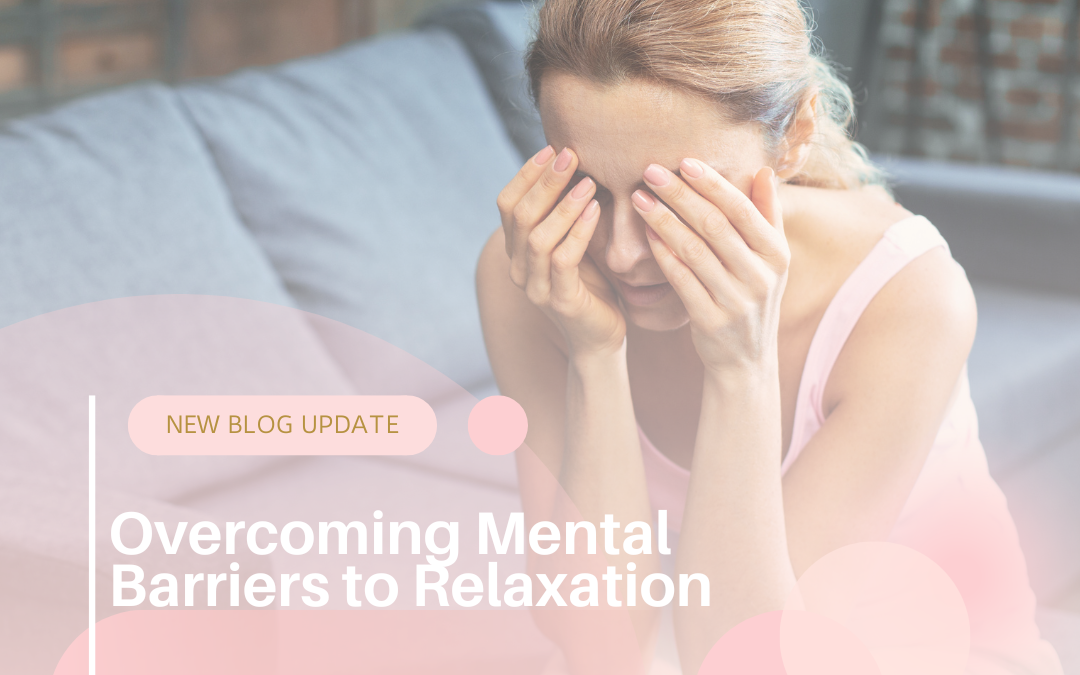In today’s fast-paced world, rest is often viewed as a luxury rather than a necessity. Many people feel an overwhelming sense of guilt when they take time for themselves, believing they should always be productive. This guilt is reinforced by societal pressures, workplace expectations, and even personal standards of success. But why do we feel guilty for resting, and how can we overcome these mental barriers to truly embrace relaxation?
Why Does Rest Feel Like Guilt?
1. The Hustle Culture Mentality
We live in a culture that glorifies busyness. Phrases like “I’ll sleep when I’m dead” or “Grind now, rest later” send the message that constant productivity equals success. Over time, we internalize this mindset, associating rest with laziness or failure.
2. Self-Worth Tied to Productivity
Many people equate their value with their output. If you’ve been conditioned to believe that your worth is determined by how much you accomplish, then slowing down can feel like a personal failure.
3. Fear of Falling Behind
With social media constantly showcasing people achieving their goals, traveling, or working tirelessly, it’s easy to feel like you’re not doing enough. This comparison trap makes relaxation seem like a waste of time.
4. Learned Behaviors from Childhood
If you grew up in an environment where relaxation was discouraged or seen as unproductive, you may have developed an ingrained belief that resting is indulgent rather than necessary.
The Mental and Physical Costs of Rest Guilt
Constantly denying yourself rest can lead to:
- Burnout – Chronic exhaustion, loss of motivation, and mental fatigue.
- Anxiety and Stress – Increased cortisol levels that negatively affect mood and decision-making.
- Physical Health Issues – Lack of rest can contribute to heart disease, weakened immunity, and digestive issues.
- Decreased Creativity and Productivity – Ironically, pushing yourself too hard can make you less efficient and innovative.
How to Overcome the Guilt and Embrace Rest
1. Reframe Rest as Productive
Rest isn’t the opposite of productivity—it’s part of it. Studies show that breaks and sleep enhance cognitive function, improve focus, and boost creativity. When you rest, you’re recharging to be more effective later.
2. Challenge Your Inner Critic
Pay attention to the thoughts that arise when you take a break. Are you telling yourself that you’re lazy? That you should be doing something “more important”? Replace these thoughts with affirmations like:
- “Resting is necessary for my well-being.”
- “Taking care of myself allows me to show up fully in other areas of my life.”
3. Set Boundaries with Work and Responsibilities
If work or personal obligations constantly demand your attention, set clear boundaries. Schedule your rest time just like you would a meeting or an appointment. Treat it as non-negotiable.
4. Start Small with Intentional Rest
If you’re not used to resting without guilt, start with small breaks. Take five minutes to breathe, step outside, or enjoy a moment of stillness. Gradually extend your relaxation periods until they feel more natural.
5. Practice Mindfulness and Self-Compassion
Mindfulness techniques, such as deep breathing or meditation, can help you stay present and quiet the mental chatter that tells you to keep going. Self-compassion reminds you that you are not defined by what you do—you are valuable simply because you exist.
6. Surround Yourself with Rest-Positive Influences
If you’re constantly around people who glorify overworking, it can reinforce your rest guilt. Seek out individuals, books, or media that encourage balance and self-care.
Final Thoughts: Rest Without Guilt
Rest is not something you have to earn—it’s a fundamental human need. The next time you feel guilty for taking a break, remind yourself that resting is an investment in your well-being, not a sign of weakness. Productivity will always be there, but your mental and physical health need prioritization.
Give yourself permission to slow down. You deserve it.


Recent Comments